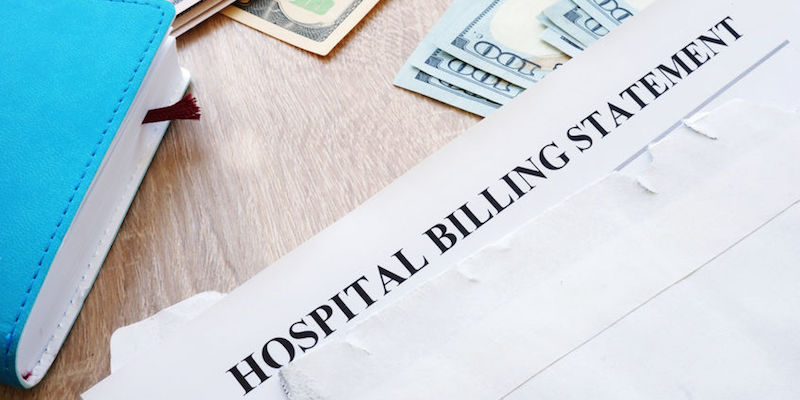Med pay pays for accident-related medical bills (as well as those of your passengers), and deductibles or co-pays do not apply no matter who caused the accident.
So how can I pay my medical bills?
You have filed a personal injury case to recover damages related to a Colorado car accident. But it’s taking a lot longer than you expected to reach a settlement. And the hospital is getting impatient. How can you pay mounting medical bills while you are still waiting to receive compensation for your injuries? Let’s look at several possibilities.
Your Health Insurance Plan
If you have health insurance that provides the relevant coverage, your medical bills can be submitted to your provider for payment. But you will probably have to cover any required co-payments or meet your deductible before any payments are made.
If your health insurance provides coverage, the insurance company will likely retain subrogation rights that allow it to seek reimbursement from the responsible party’s auto insurance carrier once your case has been settled.
Medicaid or Medicare can also make initial payments toward your expenses if you are covered by one of these programs. But they too will probably have a subrogation process to collect reimbursement for funds paid on your behalf.
Your Medical Payments Coverage
For the last decade, auto insurance companies in Colorado have been required to offer drivers $5,000 in medical payments (med pay) coverage, which costs an average of about $5 per month. (You can purchase more coverage if you want.) Although drivers may choose to waive this coverage, they must do so in writing; if no action is taken, med pay is automatically included in the policy. Med pay pays for accident-related medical bills (as well as those of your passengers), and deductibles or co-pays do not apply no matter who caused the accident.
Medical Provider’s Lien
Some medical providers provide services in exchange for an agreement, called a lien, stating that the services will be paid out of the proceeds of the personal injury settlement. Although a medical lien establishes a medical provider’s right to receive payment, it is not a guarantee that it will receive payment. The results of a personal injury case are never guaranteed.
Such a medical lien (sometimes called a hospital lien) can help you avoid paying upfront fees for your medical care. But you should discuss any possible negative consequences of entering into such an agreement with your attorney before you sign.
The Responsible Party’s Insurance Coverage
Colorado is an at-fault insurance state, which means that the party liable for the accident is responsible for paying for the damages caused. If the other driver was at fault, you have a right to file a claim against his or her insurance company. But insurers often deny fault for an accident or claim that you were at least partially at fault for it.
In cases where both parties were at fault, Colorado uses a modified comparative fault standard to determine compensation. This means that if you were 50% or more at fault for the accident, you are ineligible for compensation.
If you or a loved one have been injured in an accident and are dealing with your accident-related medical expenses, contact Dan Rosen at (303) 454-8000 or (800) ROSEN-911 to schedule your free initial consultation with an experienced personal injury attorney.

